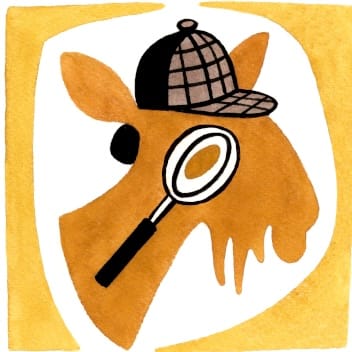Shel's essay about her former synagogue rescinding their mask requirement for services and in doing so effectively barring their disabled community members from full participation is painful to read, but it's also one of the best articulations I've seen of the grief and alienation of being disabled[1] during a pandemic. This experience is particular to the Jewish community in Philadelphia, but at the same time it is one of a pattern of moral failures that have been happening since the pandemic began and people en masse started facing the immediate question: are you willing to sacrifice your comfort to give other people space to exist?
This is a rawly emotional post that slides towards despair at the end, and I do want to put back on that. I don't at all blame Shel for feeling that pain or for expressing it here, but—at this moment, distant from any specific instances of people I trusted catastrophically failing to stand up in solidarity—I want to juxtapose that despair with a note of hope. I continue meeting new people who are happy and even excited to have spaces where masks are required. The Emerald City Eggbugs whose founding principle is COVID-safe gatherings has nearly 40 members less than a week after it was announced. As much as people may wish themselves free of us and our problems, we are standing tall and if no one else will make space for us we will make space for each other.
-
Including the voluntary disability of wearing a mask. ↩︎
Shel's essay about her former synagogue rescinding their mask requirement for services and in doing so effectively barring their disabled community members from full participation is painful to read, but it's also one of the best articulations I've seen of the grief and alienation of being disabled[1] during a pandemic. This experience is particular to the Jewish community in Philadelphia, but at the same time it is one of a pattern of moral failures that have been happening since the pandemic began and people en masse started facing the immediate question: are you willing to sacrifice your comfort to give other people space to exist?
This is a rawly emotional post that slides towards despair at the end, and I do want to put back on that. I don't at all blame Shel for feeling that pain or for expressing it here, but—at this moment, distant from any specific instances of people I trusted catastrophically failing to stand up in solidarity—I want to juxtapose that despair with a note of hope. I continue meeting new people who are happy and even excited to have spaces where masks are required. The Emerald City Eggbugs whose founding principle is COVID-safe gatherings has nearly 40 members less than a week after it was announced. As much as people may wish themselves free of us and our problems, we are standing tall and if no one else will make space for us we will make space for each other.
-
Including the voluntary disability of wearing a mask. ↩︎
